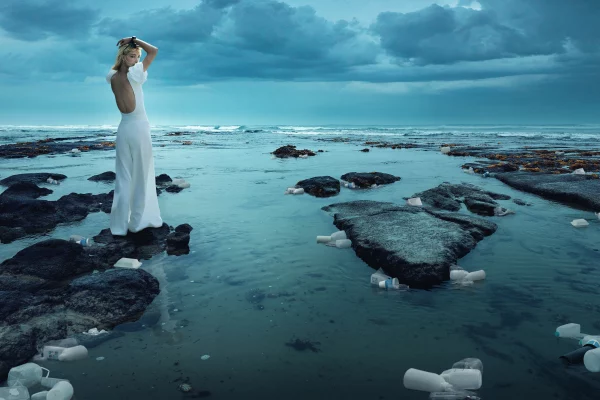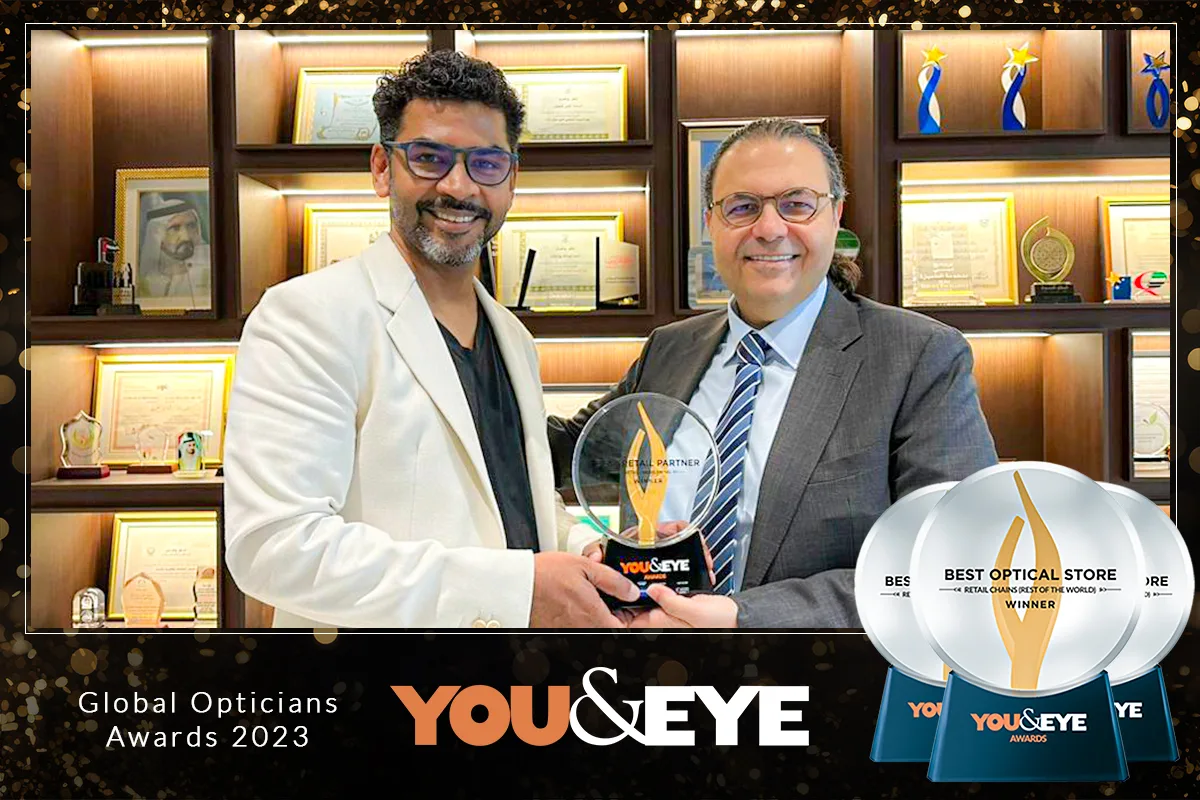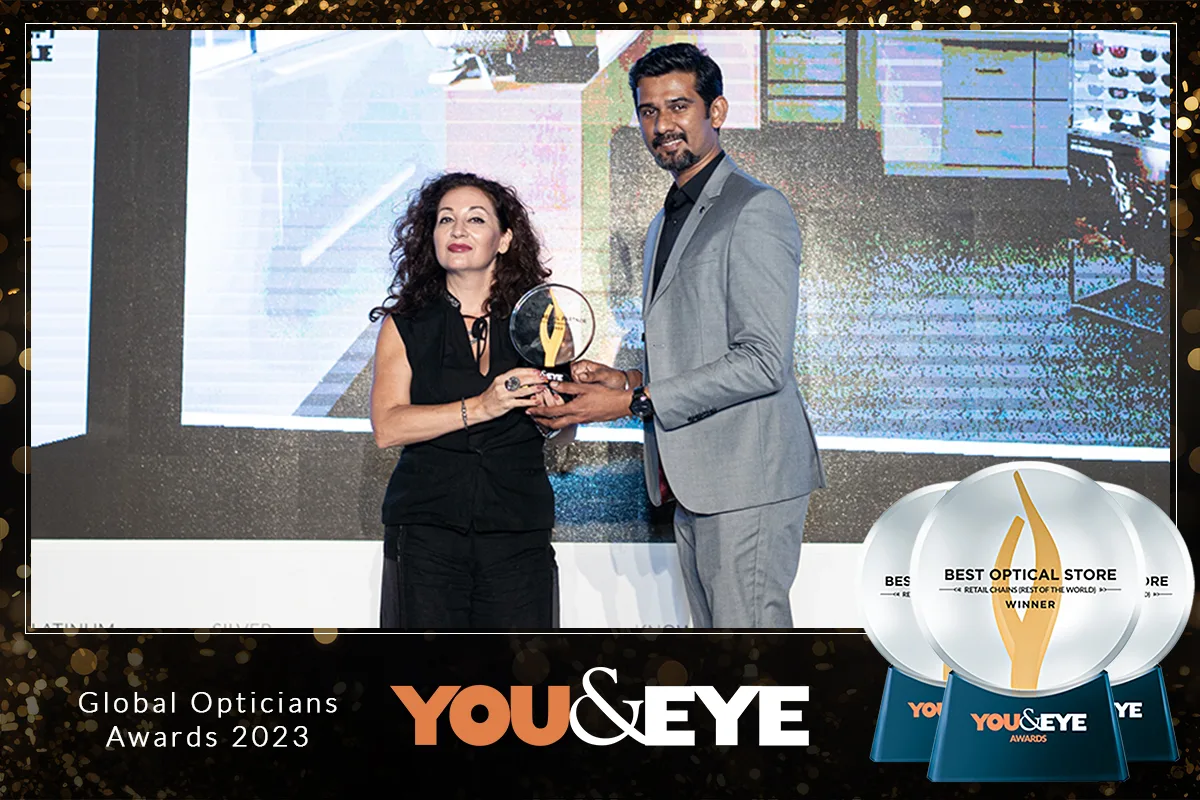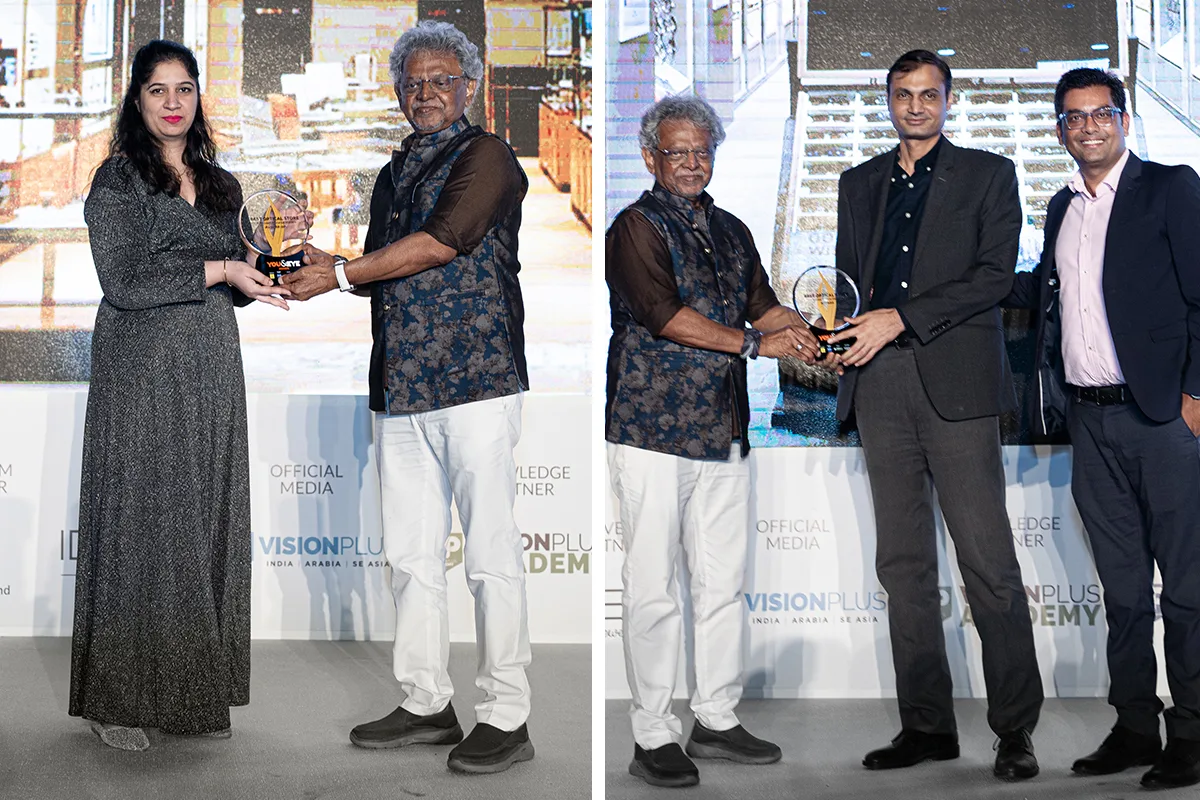Sea2see announces its official certification as a carbon negative brand, a major milestone in its carbon ambition and sustainable commitment. By eliminating twice its carbon footprint, as a result of in-depth analysis by Dcycle, experts in life cycle analysis and sustainable transformation strategies, Sea2see has proven that the process of taking sustainable action to dramatically curb emissions and ultimately remove its carbon footprint altogether – twice over – is not just a pipe dream.
“We compensated our already low footprint by supporting and investing in renewable energy projects coordinated and certified by the UN,” explains François van den Abeele, Founder & CEO, Sea2see Eyewear.”Our investment and purchase of carbon credit has allowed us to become carbon negative. Specifically, we are supporting Mexico’s renewable energy ambition by harnessing wind energy to power 700,000 households. In addition to delivering emission reductions to help take urgent action to combat climate change (SDG 13), the project delivers a number of other sustainable development benefits including educational projects and initiatives for reforestation.”
“Our life cycle survey is a vertical analysis of all the steps from the waste collection to the delivery of the product to the final consumer. It highlights Sea2see’s low environment impact through the use of 100% recycled marine plastic compared to the use of Cellulose Acetate, TR90 and virgin nylon in the eyewear industry….” François van den Abeele, Founder & CEO, Sea2see
The analysis concludes that Sea2see “seastainable” optical glasses and sunglasses – made from recycled PA6 marine waste – are 86% less contaminating than Cellulose Acetate, 79% less contaminating than TR90 Grilamid frames and 61% less contaminating than Virgin Nylon 6 sunglasses. Virgin raw materials such as Cellulose Acetate, Grilamid and Nylon require manufacturing processes which are energy-intensive and translate to high CO2 emission and consumption of fossil fuels compared to recycled marine waste used by Sea2see.
Since 2015, Sea2see’s objective has been to create a global consciousness regarding the issues of marine plastic contamination, pioneering the use of the marine waste as a great source of raw material in the optical industry. Sea2see has also pioneered the installation of a highly successful ‘seastainable’ supply chain by working with coastal communities in developing countries. Their objective has always been to clean the marine environment by collecting plastic waste and this is now possible while also providing the collectors with an additional source of income. The plastic is then selected and recycled to produce 100% of their frames in Italy and watches in Switzerland.
Dcycle aligns with the UN 2030 Agenda and the new climate change legislation. By analysing the total carbon footprint generated directly and indirectly by an individual company and assessing the impact they can then implement direct action through investment in sustainable activities and in so doing dramatically reduce it.







